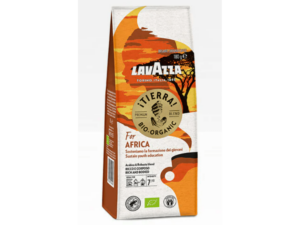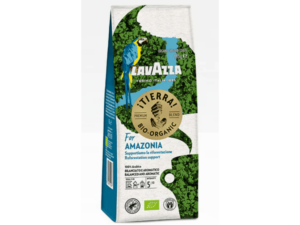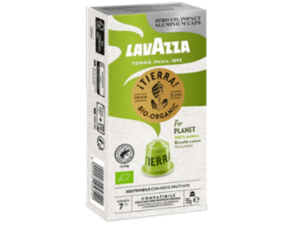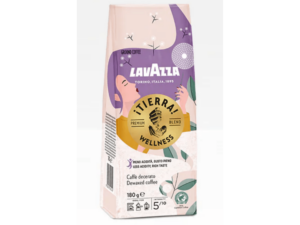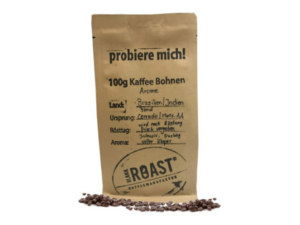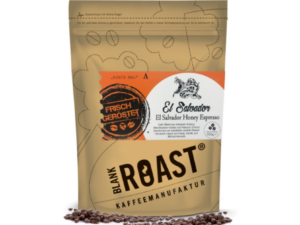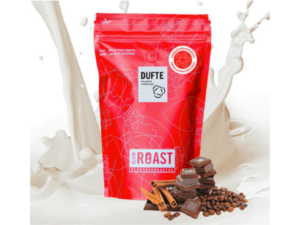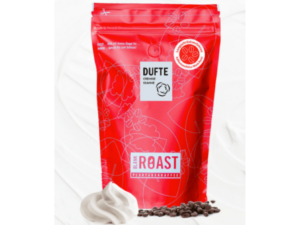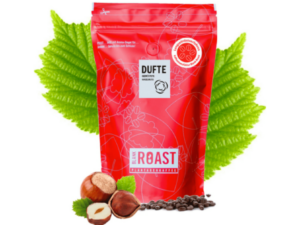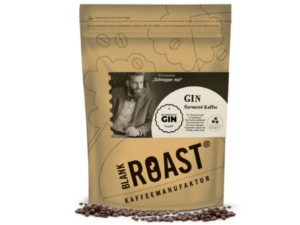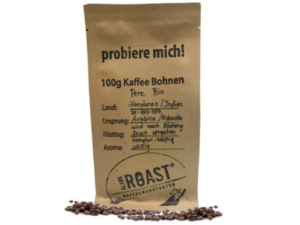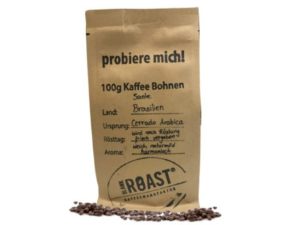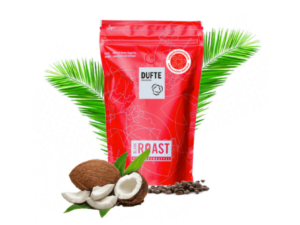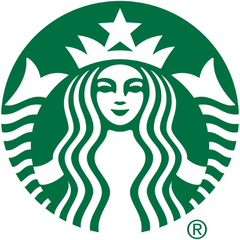The wine is a culinary complex and contains alcohol. Coffee is no different. There is no doubt that without the stimulant element of caffeine, coffee would not be the drink globally consumed as it is today. Caffeine has the same evolutionary purpose in the coffee plant as in many species: as an insecticide, it gives the plant a natural defense mechanism. The caffeine in a cup of coffee varies a lot. The origin of coffee has a huge impact, as do the species – Arabica usually has half the amount of caffeine that Robusta has. The coffee grown at higher altitudes tends to have a lower caffeine content because of the less defense it needs.
There are varieties of Arabica that are naturally low in caffeine and are seen as a potential solution for decaffeinating coffee. However, plants are likely to move and develop higher caffeine contents in different environments. What makes the caffeine content a little confusing for everyone who buys coffee-based drinks in stores is that without knowing the amount of coffee used to make the drink, it is difficult to predict how much caffeine is in the drink. The size of the cup is misleading, to be more specific a smaller cup could be made with more ground coffee and therefore have more caffeine than a larger cup made with less coffee. The force is also misleading: an espresso can be very intense, but it probably doesn’t have enough volume to contain as much caffeine as a large cup of filtered coffee.
High Caffeine Coffee
One coffee that has the highest amount of caffeine is Biohazard coffee, which has up to 928 MB of caffeine per 360 ml cup. Besides, most energy drinks contain between 250 and 350 mg of caffeine in portions ranging from 236 ml to 472 ml.
You might be wondering how much caffeine is in coffee and what type of coffee has the most caffeine you can easily find out below:
- Decaf Instant Coffee: 2 – 3 mg of caffeine is found per 236 ml.
- Decaf brewed coffee: 3 – 4 mg of caffeine is found per 236 ml.
- Drip coffee: 65 – 120 mg of caffeine is found per 236 ml.
- Brewed coffee: 95 mg of caffeine is found per 236 ml.
- Cold brew coffee: 200 mg of caffeine is found per 472 ml.
- Nitro coffee: 325 mg of caffeine is found per 472 ml.
- Espresso: 60 – 102 mg of caffeine is found per 60 ml.
- Highly caffeine coffee (Biohazard, Death Wish, etc.): 702 – 928 mg of caffeine is found per 354 ml.
How much Caffeine in a Coffee
Coffee is the biggest alimentary source of caffeine. From an average cup of coffee, you can expect to get around 95 mg of caffeine. However, the caffeine amount varies between different coffee drinks, and it can change from almost zero to over 500 mg. Besides, in this article, we will write a detailed guide to the caffeine content of different types and brands of coffee.
What are the Factors That Affect Caffeine Content?
The caffeine content depends on many factors, such as the type of coffee beans, roasting, type of coffee, and serving size.
- Type of coffee beans: When it comes to coffee beans, there are many varieties that may naturally contain different amounts of caffeine.
- Roasting: Lighter roasts have more caffeine than darker roasts; however, darker roasts have a deeper flavor.
- Type of coffee: The caffeine content can vary between different coffee types, such as brewed coffee, espresso, instant coffee, and decaf coffee.
- Serving size: a cup of coffee can range from 30 to 700 ml, which dramatically affects the caffeine content.
Do Commercial Brands Have More Caffeine?
Some commercial coffee brands have more caffeine than home-brewed coffee. Coffee shops are known for their large cup sizes, which can range up to 700 ml. The amount of caffeine in such cups is equivalent to 3 – 5 regular-sized cups of coffee.
- Starbucks: The best-known coffee shop in the world; however, it also offers the most caffeinated coffee available. Besides, one shot of espresso at Starbucks contains 75 mg of caffeine, and all espresso-based drinks, like lattes, cappuccinos, macchiatos, and americanos, have 75 mg of caffeine. The larger-size coffee cups are made with two and even three espresso shots, which contain 150 – 225 mg of caffeine. Meanwhile, the decaf coffee from Starbucks contains 15 – 30 mg of caffeine, depending on cup size.
- McDonald’s: They sell coffee all over the world, often under the brand of McCafe; however, in some European countries, McDonald’s serves coffee under the Segafredo brand. Despite being one of the biggest fast-food chains, they can sell coffee; however, they do not standardize or calculate the amount of caffeine per cup. Besides, their espresso serving contains 71 mg of caffeine, and the decaf coffee serving has 8 – 14 mg of caffeine, depending on the size of the cup.
- Dunkin Donuts: Another chain of coffee and doughnut shops that is very popular around the world. The caffeine content of their brewed coffee depends on the serving. For example, their espresso serving contains 75 mg of caffeine, which usually is how much you can expect from their espresso-based drinks. The decaf coffee may also contain quite a bit of caffeine, and according to a source a 300 ml coffee cup has 53 mg of caffeine, and a 700 ml of coffee size has 128 mg of caffeine.
The Effects of Caffeine on Your Body
Many of us rely on a cup of coffee in the morning, or a caffeinated beverage in the afternoon to help us get through the day. But caffeine does much more than keep you awake. It is a stimulant of the central nervous system that affects your body in many ways.
Caffeine does not provide nutritional value. It doesn’t taste good, so you won’t necessarily know if it’s in your food.
This ingredient almost always causes some symptoms. At the very least, you may feel more energetic, but over time, too much caffeine can cause withdrawal symptoms. According to the experts, it is safe for most healthy adults to consume up to 400 milligrams of caffeine a day. Keep in mind that a standard-sized cup of coffee has 236 ml. If you use a mug or repair yourself at a coffee shop, you can drink 473 ml or more, so it’s essential to read the labels.
Because you consume the same amount of caffeine daily, your body develops a tolerance for it. Other factors, such as age, body weight, and general health, can also cause caffeine tolerance. If you want to reduce the amount of caffeine you take, it is better to slowly decrease your consumption.
